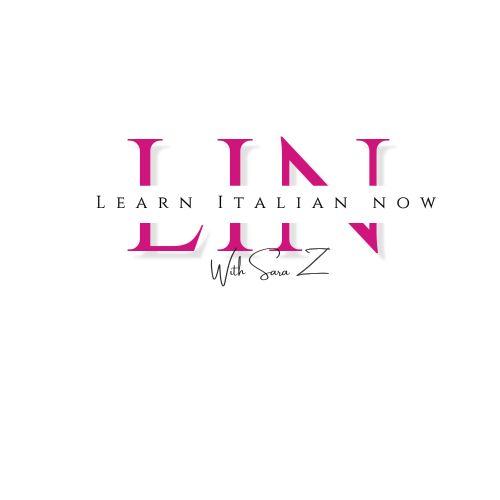If you want to truly immerse yourself in Italian culture and language, it’s crucial to understand and learn some of the most common Italian slang words. Slang is a key aspect of any language, offering insights into the daily life and habits of its speakers. Below, we’ve compiled a list of essential Italian slang words you should know to navigate conversations like a native.
1. Ciao – This word is one of the most famous Italian greetings, meaning “hello” or “goodbye.” It’s commonly used among friends and family in a casual setting.
2. Mamma mia – This is an expression of surprise or shock, similar to “oh my god” in English. It’s a versatile phrase that can convey a range of emotions.
3. Basta! – This word translates to “enough” and is often used to stop someone from doing something or to indicate that you’ve had enough of a particular situation.
4. Che figata! – This phrase is used to express admiration or excitement for something cool or amazing. It can be translated as “how cool!”
5. Fico – This word means “cool” or “awesome” and can be used to describe a person, place, or thing that you find impressive.
6. Prendere in giro – This phrase means to tease or make fun of someone. It’s a common expression used among friends in a playful manner.
7. Essere al verde – Literally translated as “to be in the green,” this phrase means to be broke or out of money. It’s a common slang term used to describe financial difficulties.
8. Non vedo l’ora – This phrase translates to “I can’t wait” and is used to express anticipation or excitement for something in the near future.
9. Cavoli! – Similar to the English expression “oh shoot” or “darn,” this word is used to express frustration or disappointment in a situation.
10. Stronzo – This is a vulgar Italian slang word that means “jerk” or “asshole.” It’s not recommended to use this term unless you want to insult someone.
Learning these Italian slang words will not only enhance your language skills but also help you connect with native speakers on a deeper level. To further improve your Italian language proficiency, consider utilizing Italian learning resources such as language apps, textbooks, online courses, and language exchange programs. By immersing yourself in the language and culture, you’ll be well on your way to mastering Italian slang and expressing yourself like a true native speaker. Buona fortuna (good luck)!
——————-
Article posted by:
Learn Italian Now
https://www.learnitaliannow.com/
Los Angeles, United States

